Mitchell A. Orenstein
Mitchell A. Orenstein, Professor of Russian and East European Studies and Political Science at the University of Pennsylvania, is a senior fellow at the Foreign Policy Research Institute and author of The Lands in Between: Russia vs. the West and the New Politics of Hybrid War (Oxford University Press, 2019.
-
Why Orbán Won Again
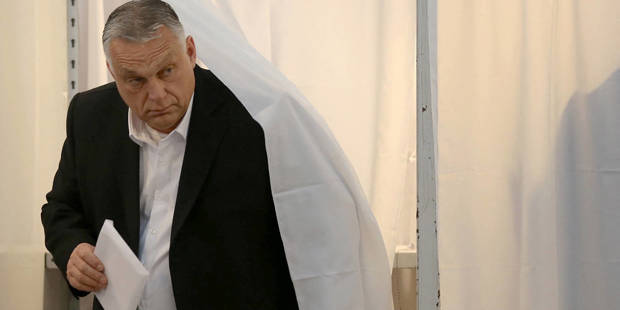
Why Orbán Won Again
Apr 5, 2022 Dorottya Szikra & Mitchell A. Orenstein say that Hungary’s strongman can rely on more than media control and a rigged electoral system.
-
Why Won't Eastern Europeans Get Vaccinated?
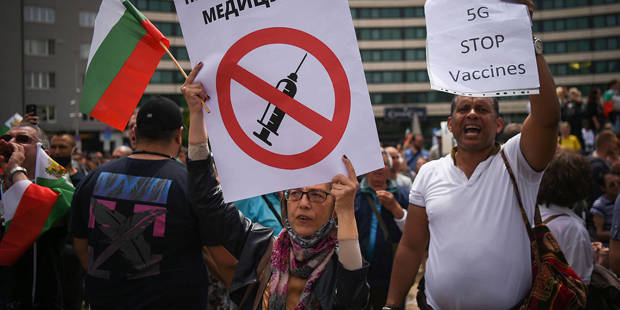
Why Won't Eastern Europeans Get Vaccinated?
Nov 8, 2021 Kristen Ghodsee & Mitchell A. Orenstein argue that low inoculation rates reflect not the legacy of communism, but rather the legacy of its collapse.
-
Will Women Overthrow Europe’s Last Dictator?
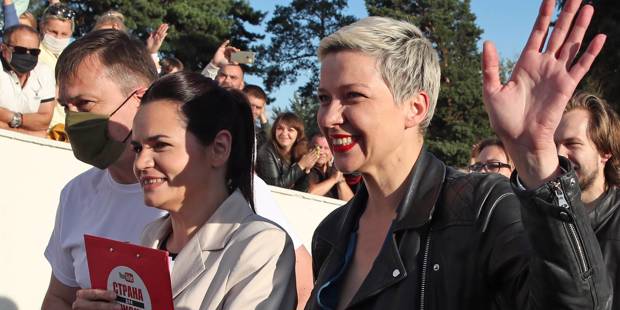
Will Women Overthrow Europe’s Last Dictator?
Aug 4, 2020 Mitchell A. Orenstein & Valery Yakubovich ask whether Aleksandr Lukashenko, Belarus’s first and only president since 1994, has finally met his match.
-
Revolutions for Whom?
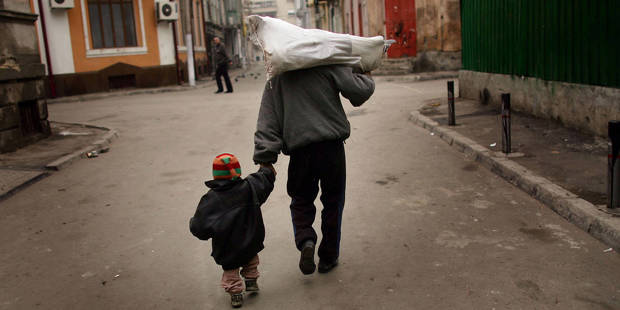
Revolutions for Whom?
Nov 1, 2019 Kristen Ghodsee & Mitchell A. Orenstein note that in many post-communist countries, GDP per capita remains below its level 30 years ago.
-
The Russians Are Coming
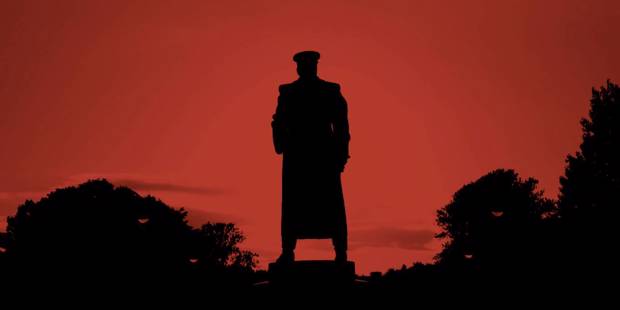
The Russians Are Coming
May 24, 2019 Mitchell A. Orenstein reviews three recent books on the origins and conduct of the Kremlin’s political war against the West.








